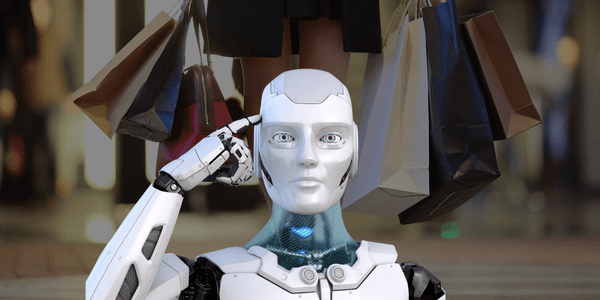Artificial intelligence is becoming increasingly important for brand visibility, but new research findings show that different AI platforms rarely recommend the same brands to users.
Significant differences between AI search engines
BrightEdge analyzed tens of thousands of identical search queries and discovered that Google's AI Overviews and ChatGPT suggested different brands in nearly two-thirds of the cases (61.9%). Only 17% of all searches yielded the same brand results across all three platforms.
Google's AI Overviews dominate the brand landscape with recommendations in 36.8% of the searches, while ChatGPT did so in only 3.9% of the cases. The number of brands mentioned also differs significantly: Google AI Overviews mention an average of 6.02 brands per search, more than 2.5 times higher than ChatGPT's 2.37 brands.
The citation behavior reveals striking patterns. ChatGPT mentions more brands than it cites (2.37 mentions versus 0.73 citations), while Google AI Overviews cite significantly more than they mention (14.30 citations versus 6.02 mentions).
Consequences for businesses
This fragmentation creates challenges for marketing teams looking to optimize AI visibility. The differences vary by sector: healthcare shows the largest discrepancy (68.5%), followed by education (62.1%) and B2B technology (61.7%). E-commerce has the lowest disagreement rates (57.1%).
The type of search query also affects the alignment. Comparative searches show 80% brand alignment, while "best" searches have only 23% alignment across platforms.
Recommendations for Marketers
Companies can no longer rely on a single AI platform for brand visibility. A diversified approach is becoming essential, with optimization for multiple AI search engines taking priority. The research highlights that this fragmentation actually presents opportunities for companies that adapt their AI search strategy to the specific characteristics of each platform.

